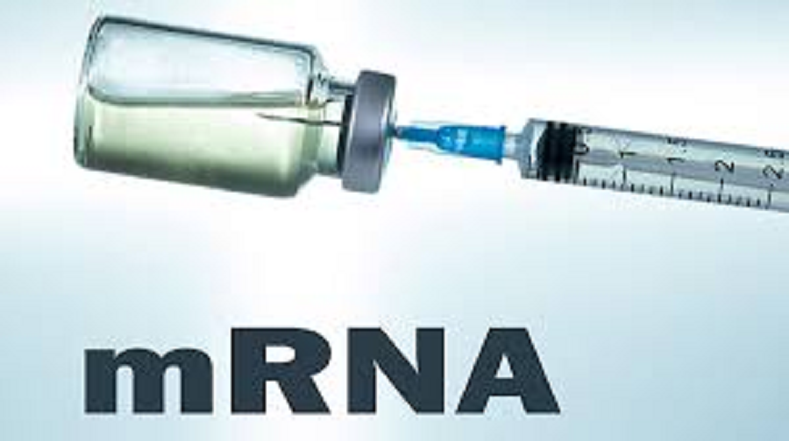Vaccine: Will the COVID vaccine defeat cancer? Surprising claims are being made using mRNA technology.
- bySherya
- 25 Oct, 2025

Cancer Treatment: A study found that patients who took an mRNA vaccine along with immunotherapy for lung cancer or melanoma (a type of skin cancer) almost doubled their lifespan.

The COVID-19 vaccine, which has been shown to help defeat COVID-19 during the pandemic, may now emerge in a new form. In fact, new research has revealed that the mRNA COVID-19 vaccine not only fights the virus but could also play an important role in cancer treatment. How did this become possible, and how much truth do these claims hold? Let's find out.
This thing came to light in research.
A study found that patients who received an mRNA vaccine along with immunotherapy for lung cancer or melanoma (a type of skin cancer) nearly doubled their lifespan. This means that patients who received an mRNA vaccine followed by immunotherapy lived an average of 37.3 months, compared to 20.6 months for those who did not receive the vaccine. This suggests that mRNA technology can help the body's immune system fight tumors, offering new hope for cancer treatment.
Cancer treatment and the wonders of mRNA vaccines
A study from the Texas MD Anderson Cancer Center and the University of Florida looked at data from over 1,000 patients with advanced lung cancer or melanoma. The research found that patients who received an mRNA COVID vaccine (such as Pfizer or Moderna) within 100 days of starting immunotherapy had twice the survival rate compared to those without the vaccine.
How effective is this vaccine?
According to Dr. Adam Grippin, senior resident in radiation oncology, this study shows that an mRNA COVID vaccine can prime the body's immune system to fight cancer. When combined with immune checkpoint inhibitors (a type of immunotherapy), it can produce a positive response against cancer, significantly extending patients' lives.
How does an mRNA vaccine work?
The results of this study were presented at the 2025 European Society for Medical Oncology (ESMO) conference and published in the journal Nature. Researchers say that mRNA vaccines activate the body's immune system, making it easier to eliminate cancer cells. The vaccine increases interferons and other immune molecules, which in turn increase the PD-L1 protein in tumors. This allows the immune system to more easily recognize and destroy cancer cells.
A new approach to cancer treatment
This discovery has raised hopes for further improvements in cancer treatment. Integrating mRNA vaccines into existing cancer therapies could enhance treatment effectiveness and prolong patient survival. This demonstrates the power of mRNA technology, which could be helpful not only in combating COVID-19 but also in combating serious diseases like cancer. Scientists are now conducting further research in this direction to provide better treatment to cancer patients.






